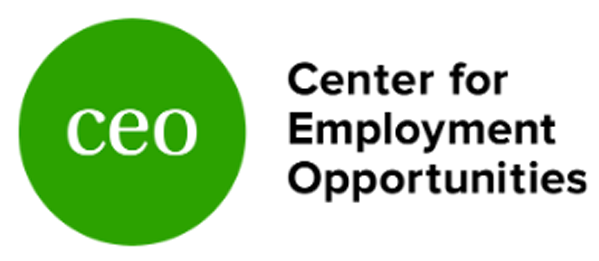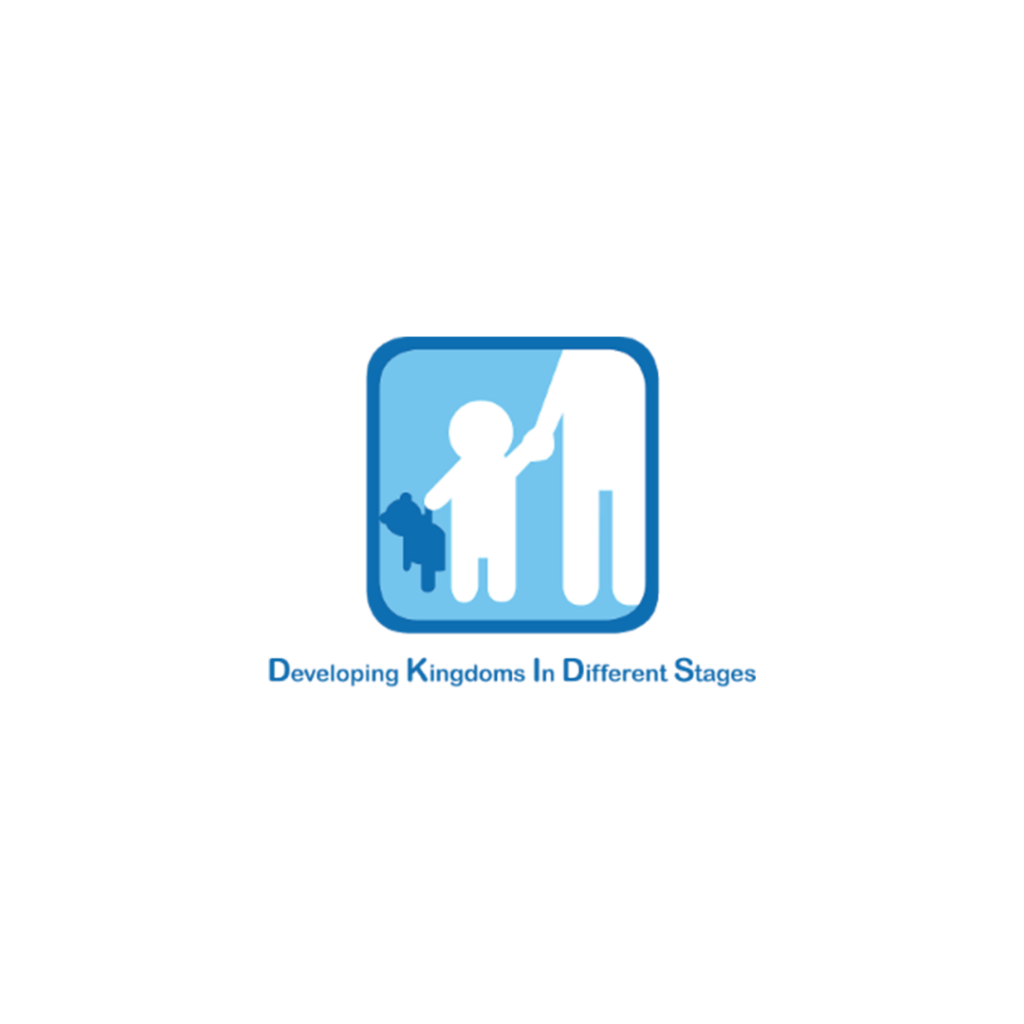
Skill Building & Employment
We support opportunities grounded in community, relationships and cultural humility that lead to broader personal and career opportunities for teens and adults affected by poverty and inequity.
“
CEO is committed to centering racial equity in our work and recognizes incarceration’s enduring toll on Black Americans and communities of color. Black individuals are incarcerated at 5.8 times the rate of white individuals and disproportionately bear the harm of the criminal justice system…[and] the disparity in opportunity for Black individuals with criminal convictions is jarring…making clear that structural factors like racial injustice and discrimination play a significant role in our country’s employment practices. Recognizing this reality, CEO has prioritized racial justice in all aspects of its work, including looking at our demographic outcomes by race.
”
“
CEO is committed to centering racial equity in our work and recognizes incarceration’s enduring toll on Black Americans and communities of color. Black individuals are incarcerated at 5.8 times the rate of white individuals and disproportionately bear the harm of the criminal justice system…[and] the disparity in opportunity for Black individuals with criminal convictions is jarring…making clear that structural factors like racial injustice and discrimination play a significant role in our country’s employment practices. Recognizing this reality, CEO has prioritized racial justice in all aspects of its work, including looking at our demographic outcomes by race.
”
Our Grants Also Support
Some Examples
Other Priorities

Basic Needs & Housing
A consistent focus dating back to our founders, we support non-profits that provide food, shelter and other necessities for day-to-day living, free of charge and in a high-quality, dignified, culturally aligned manner.









